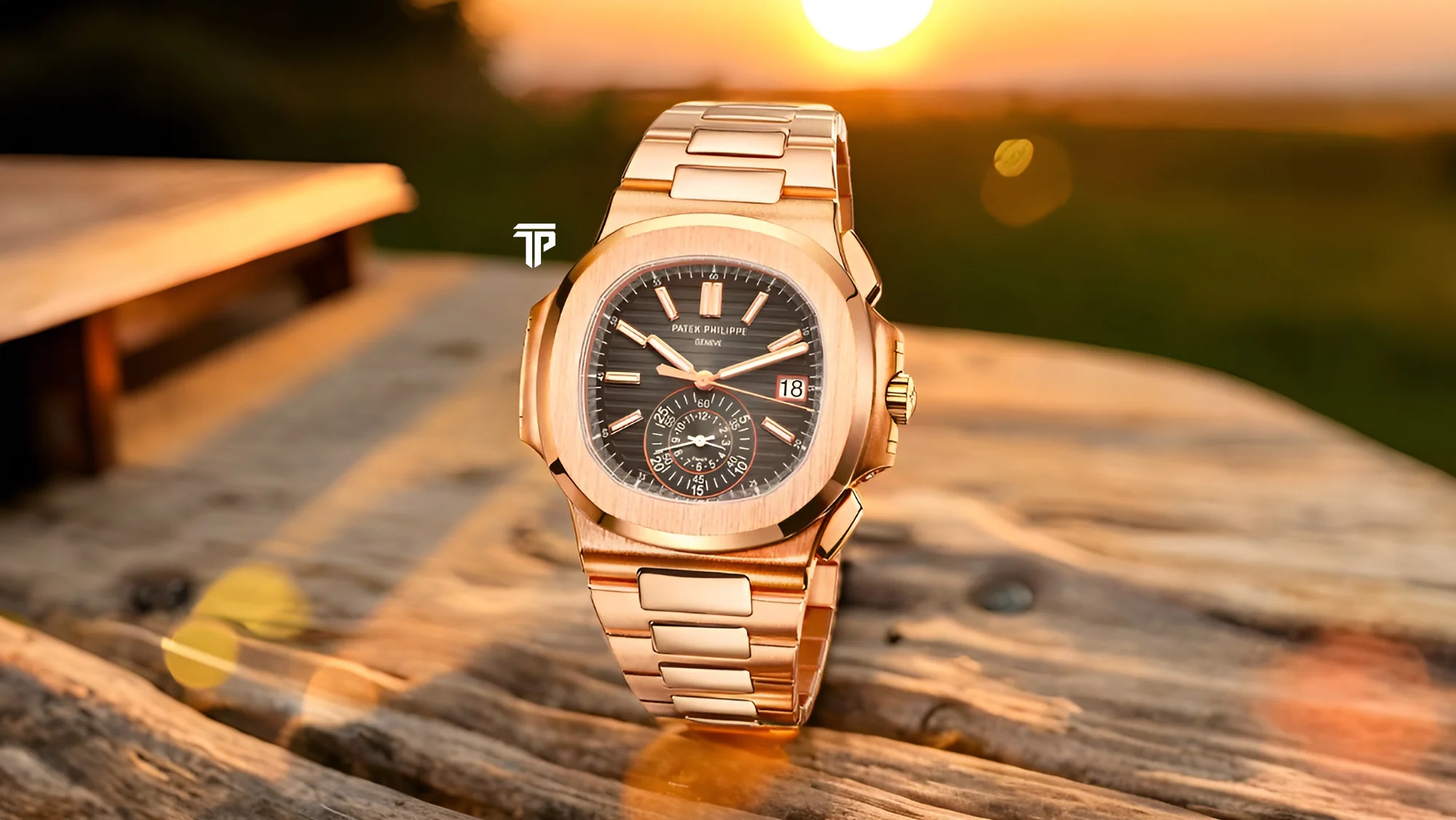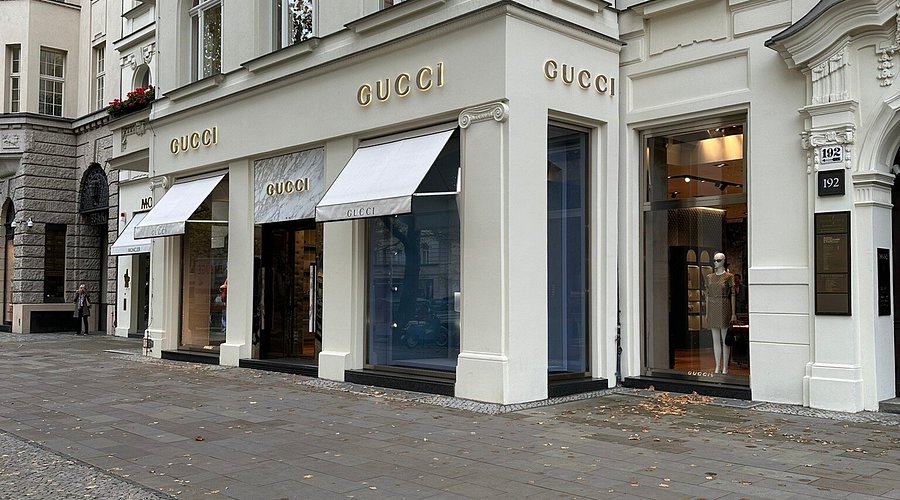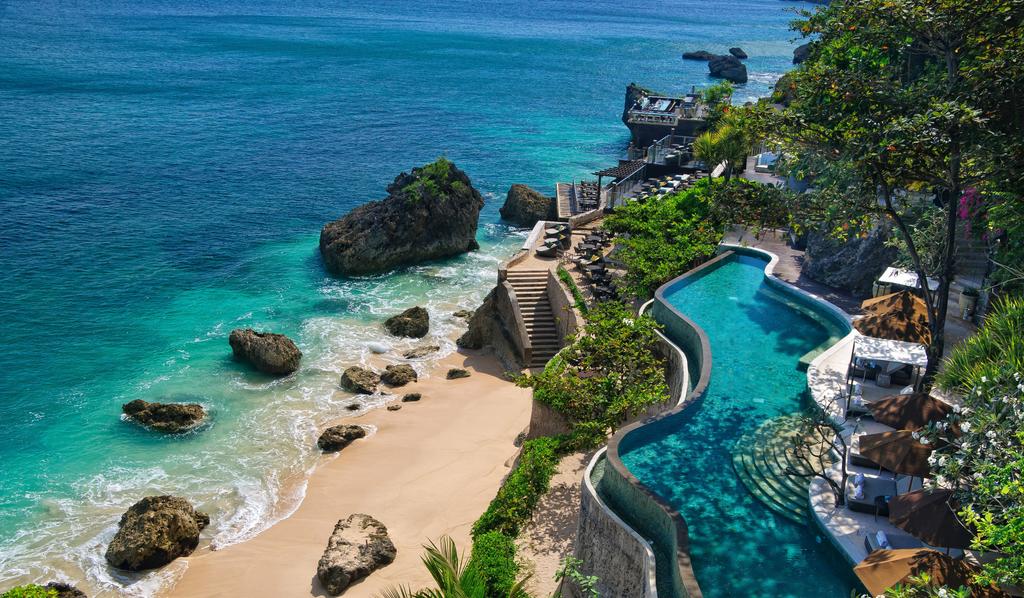Private Islands Become the New Status Symbol as Ultra Wealthy Seek Seclusion
By
John Carter
Last updated:
September 25, 2025
First Published:
September 25, 2025

Photo: Luxury Travel Expert
For decades the wealthy elite have expressed status through penthouses, supercars and yachts. Today a new trend is quietly reshaping the symbols of affluence. Private islands are emerging as the most desired asset among those who can afford near limitless options. This is not merely about owning a piece of land surrounded by water but about establishing a statement of permanence, privacy and legacy.
Privacy as the Core Motivator
The global landscape of luxury living has changed in response to overcrowded cities, the omnipresence of media and the rise of digital exposure. For the wealthy, privacy is not a preference but a necessity. A private island offers the assurance that moments of rest and reflection are shielded from outside eyes. Unlike gated mansions or rural estates, islands come with a natural boundary of seclusion that no wall can replicate.
The Escalation of Prestige
Where once a yacht was enough to signal influence, now the conversation has shifted to properties that transcend traditional luxury. An island is more than a purchase, it is a declaration that the owner exists outside conventional measures of wealth. It is a realm where one can dictate the rhythm of life without compromise. The exclusivity lies not only in scarcity but also in the sheer difficulty of developing and maintaining such a property.
Islands as Long Term Assets
Investors among the ultra wealthy are viewing these islands not only as retreats but as strategic assets. With rising land scarcity in major hubs, an island represents both a safe haven and a potential intergenerational inheritance. Some islands are transformed into boutique eco resorts or cultural retreats that strengthen their financial value while others are kept completely private to preserve legacy.
Sustainability as a Design Element
Unlike earlier decades where indulgence was the sole priority, today’s affluent buyers often integrate sustainable systems into their island estates. Solar power, desalination plants and eco sensitive architecture are becoming standard. These islands symbolize not only wealth but also responsibility and forward thinking. For many owners, showcasing environmental stewardship is now as important as showcasing their art collections.
The Emotional Dimension of Ownership
Beyond finance and exclusivity lies a more personal reason for the rising popularity. A private island offers something intangible yet powerful, a sense of ultimate freedom. It is the luxury of walking barefoot across untouched sand knowing it belongs solely to you. It is waking to waves rather than city sirens. Such emotions turn ownership into an intimate experience rather than a transactional investment.
Global Hotspots for Island Purchases
Regions like the Caribbean, the Maldives and parts of Southeast Asia are witnessing a surge in demand. In Europe the Mediterranean offers timeless appeal while in North America coastal areas of Canada and New England draw those seeking temperate isolation. Each region provides not just beauty but also cultural context that adds to the personal story of ownership.
The Social Signal of Isolation
Possessing an island does not merely satisfy personal desires. It also communicates a powerful social message. Unlike a mansion on a crowded avenue, an island cannot be overlooked. It signals distance not only from crowds but from the ordinary struggles of society. To peers in the same wealth class, it is a nod to being in the rarest of circles.
The Challenge of Maintaining a Paradise
The image of effortless beauty often hides the complexity of island living. Building infrastructure, ensuring supply chains and maintaining ecological balance require continuous planning. The wealthy who choose this path are not simply buying ease, they are embracing a lifestyle that involves commitment and responsibility. This dimension only deepens the prestige because few can balance such challenges successfully.
The Future of Wealth Expression
As global wealth continues to expand, private islands are likely to grow as the most prestigious form of ownership. They symbolize more than material prosperity, they embody freedom, permanence and exclusivity. In a world where luxury has become accessible at multiple levels, islands stand as the last frontier of separation. They reflect not just wealth but a philosophy of living untethered to the rest of the world.
Subscribe to unlock premium content
Sed at tellus, pharetra lacus, aenean risus non nisl ultricies commodo diam aliquet arcu enim eu leo porttitor habitasse adipiscing porttitor varius ultricies facilisis viverra lacus neque.
A comprehensive guide on Agile development

10 Productivity tools that are worth checking out

Top 7 Must have management tools for productivity

A comprehensive guide on Agile development

10 Productivity tools that are worth checking out

A comprehensive guide on Agile development








.png)
